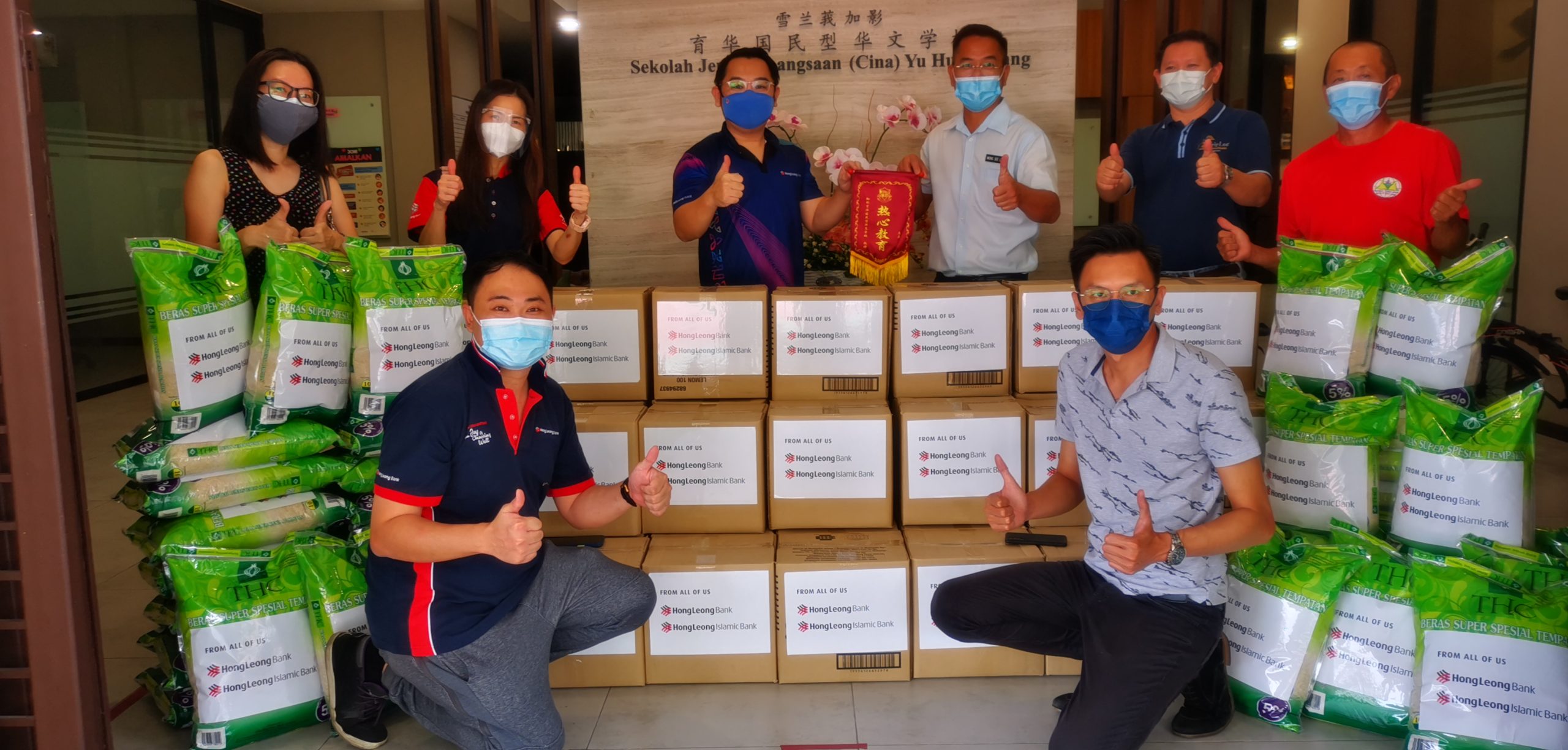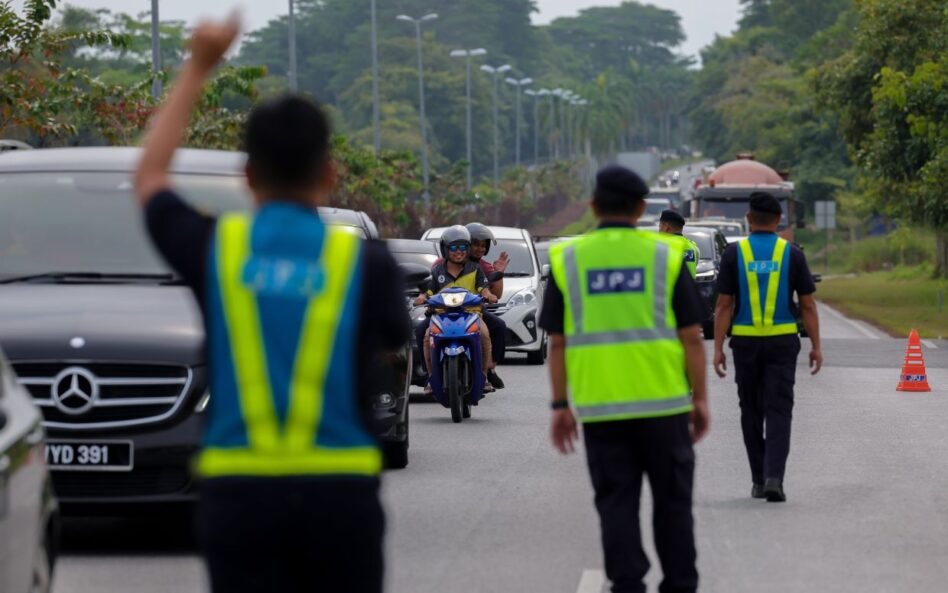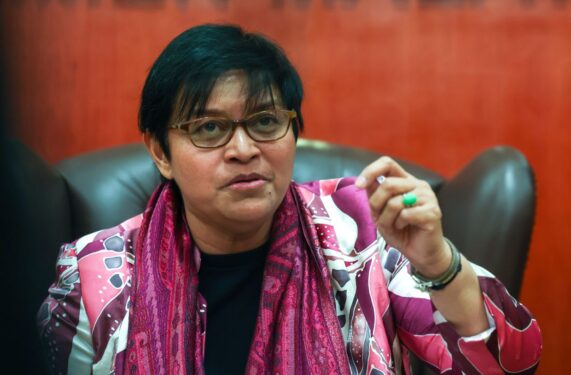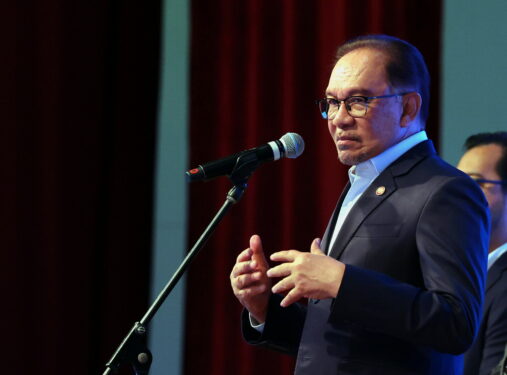AS part of its month-long ‘Demi Kita, Demi Malaysia’ campaign, Hong Leong Bank (HLB) and Hong Leong Islamic Bank (HLISB) contributed 76.1 tonnes of dry food to a total of 219 schools and eight soup kitchens all around Malaysia.
The campaign allowed the banks’ employees to volunteer their time and effort to provide food aid to communities that were severely affected by the pandemic and various lockdowns that followed.
The campaign managed to reach 4,952 students nationwide, as well as 9,000 individuals in need of food support across eight Klang Valley-based community soup kitchens and meal providers.
“Our campaign is focused on students from lower income groups who are often not the target for aid since they live with their families,” said HLB CEO and group managing director Domenic Fuda.
Fuda also mentioned how the bank’s branch staff worked closely with headmasters from schools in their respective districts to identify students from each school and their families who required grocery and food support.
According to HLB chief marketing and communication officer Zalman Zainal, contributions from the public to the soup kitchens around the country have dwindled, but this does not deter the soup kitchens in continuing their social cause to feed the homeless and the underprivileged communities.
“They are truly our unsung heroes. We hope our contributions will bring some relief to the soup kitchens and also help create awareness of their plight,” he said.
Meanwhile, one of the soup kitchens that received the contributions Pit Stop Community Café’s co-founder Joycelyn Lee shared that they welcome any help with open arms as there is an increasing demand for food aid due to a rise in urban poverty caused by the pandemic.
“The demographic of people we provide meal support too has changed. Pre-pandemic we would aid mostly the homeless. Today, we see more senior citizens living on tighter budgets including those who used to collect recyclables and earn a small income to supplement their pensions, day wagers who are usually sole breadwinners of their families, and those who lost their jobs due to the pandemic.
“These are people who have odd jobs or homes but can’t afford to put three meals on the table. Food insecurity is unfortunately now a reality for many more people due to the prolonged pandemic.” – Nov 22, 2021










